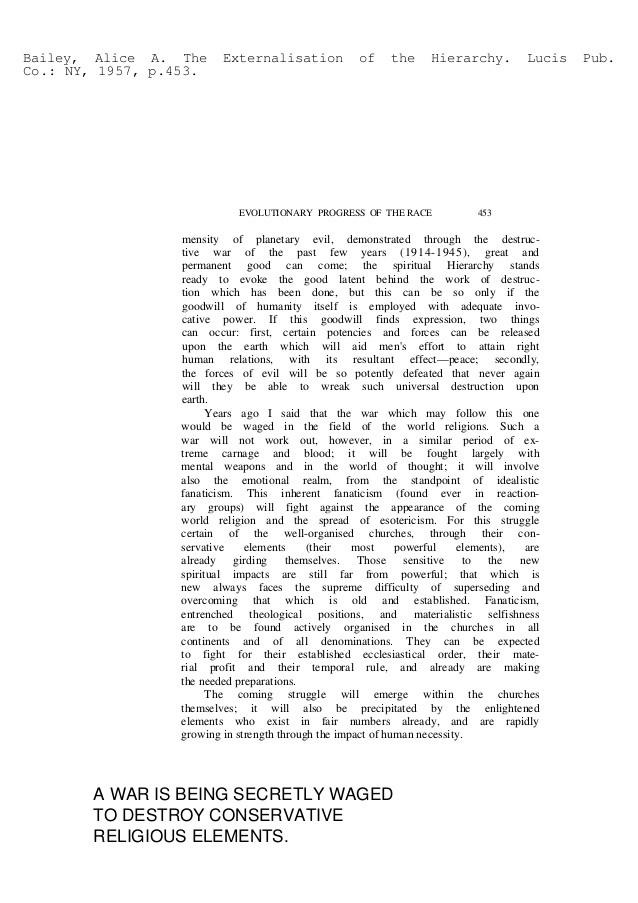When Brokers Talk Should You Listen by Guy Halverson writer of The Christian Science Monitor The
Post on: 3 Август, 2015 No Comment

Article excerpt
Ed, a middle-aged investor north of Seattle, was only too happy to invest in MCI Worldcom a few years ago, as the firm’s stock began soaring into the stratosphere. The stock was recommended by his broker, who was employed by a major investment house. After hitting a high of about $65 in the summer of 1999, the stock now sags around $2 per share. And Ed is far from happy.
Among the questions that nag at him: Was the broker making the pitch for MCI based on then-underlying company fundamentals? In other words, a legitimate investment? Or was there more at play — such as the possibility that the broker and the investment house may have had a financial stake in MCI, and thus unfairly profited at Ed’s expense?
Whether Ed ever gets an answer to his question or not, the issue of investment-house accountability is now reverberating along the corridors of Wall Street and in countless homes throughout the United States.
Eliot Spitzer, New York’s state attorney general, is stepping up his probe into investment-house stock-hyping. The investigation follows the discovery of documents allegedly showing that analysts at Merrill Lynch & Co. talked up a number of stocks that the company had a financial stake in, even when the analysts knew that the companies were underachievers — dogs, as one analyst reportedly said.
Now, other states are looking into similar allegations involving the investment industry. The Securities and Exchange Commission is also conducting its own investigation, while a number of lawmakers are urging Congress to take a direct role in the probe.
The stock-research scandal — assuming the allegations are true — could not have come at a worse time for the brokerage industry. Many investors, according to opinion polls, have been deeply troubled by the Enron scandal, in which employees watched the value of their retirement portfolios disappear, even while top corporate management profited.
Moreover, allegations that Enron’s accounting firm, Arthur Andersen, may not only have known of financial irregularities at Enron, but actually covered up and participated in criminal wrongdoing has cast doubt on the broader issue of the public accountability of the US financial industry.
Former SEC chairman Arthur Levitt Jr. has urged investors to push for tougher accounting controls and standards than currently exist. But Congress, he has said, will take vigorous action only if the public demands it.
The issue, says Mr. Levitt, is more than just an accounting scandal, but rather a breakdown in the overall financial oversight system in the US, including corporate attorneys, stock analysts, investment bankers, and financial regulators.
One thing that we’ve learned from all this is that no investor can rely on the advice of just one person or even one company, says Michelle Smith, executive director of the Mutual Fund Education Alliance, in Kansas City, Mo.
Ms. Smith remains convinced that small investors can avoid most problems associated with individual stock investing through mutual funds, which hold many stocks. …














